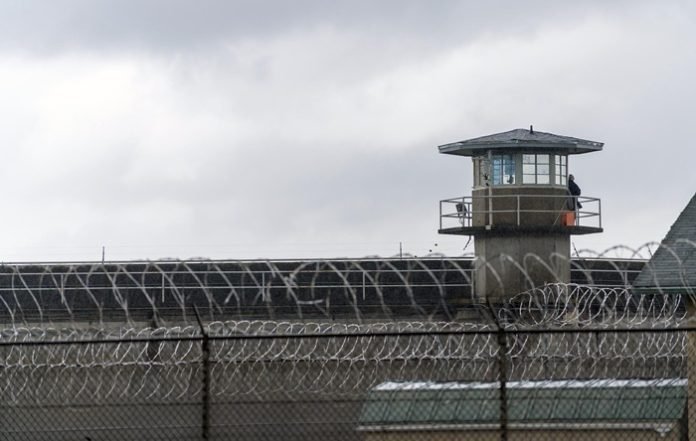Turkey’s prison population has surged by over 50,000 in seven months, with overcrowding worsening as critics link the crisis to government-led mass arrests.
Under President Recep Tayyip Erdoğan’s administration, the prison population has steadily increased. As of July 1, 2024, Turkey’s prisons housed 342,526 inmates. At that time, the total prison capacity was 295,328. By February 3, 2025, the number had climbed to 392,456, exceeding a slightly increased capacity of 299,940 by 30 percent.
According to the official statistics, the prison population includes 371,435 men, 17,131 women and 3,890 minors. Among the incarcerated are approximately 25,000 university graduates, 1,841 individuals with master’s degrees and 286 with doctorates.
Turkey currently has 395 operational prisons. In response to the overcrowding, Turkey’s Justice Ministry has announced plans to construct 11 new prisons across various provinces by 2027. The government has allocated 1.2 billion Turkish lira ($39 million) for these projects in 2025, with an estimated total cost of 23.5 billion lira ($767 million) by their completion.
The overcrowding in Turkey’s prisons has been a growing issue since 2005, with prison populations swelling annually. The situation became even more dire during the COVID-19 pandemic. The Turkish parliament passed an early parole law in April 2020 aimed at reducing the inmate population of the country’s overcrowded prisons. Yet, the legislation excluded political prisoners, including opposition politicians, journalists, lawyers, academics and human rights defenders convicted under the country’s controversial counterterrorism laws.
Furthermore, despite the law the prison population rebounded sharply, increasing by 71,679 in just seven months.
According to Council of Europe reports, Turkey has the highest prison population in Europe.
Overcrowding has led to dire conditions in many prisons, including insufficient access to healthcare, limited living space and inadequate sanitation. Human rights advocates warn that these conditions increase the risk of disease outbreaks, mental health crises and human rights violations, particularly for vulnerable groups such as women, children and political prisoners.
Rights advocates have linked Turkey’s prison overcrowding to mass arrests following a 2016 coup attempt, which saw tens of thousands jailed on terrorism charges. Many international watchdogs, including Amnesty International and Human Rights Watch, have accused Turkey of silencing dissent and curbing free expression.
Following the abortive putsch, the Turkish government declared a state of emergency and carried out a massive purge of state institutions under the pretext of an anti-coup fight. More than 130,000 public servants, including 4,156 judges and prosecutors, as well as 24,706 members of the armed forces were summarily removed from their jobs for alleged membership in or relationships with “terrorist organizations” by emergency decree-laws subject to neither judicial nor parliamentary scrutiny.















